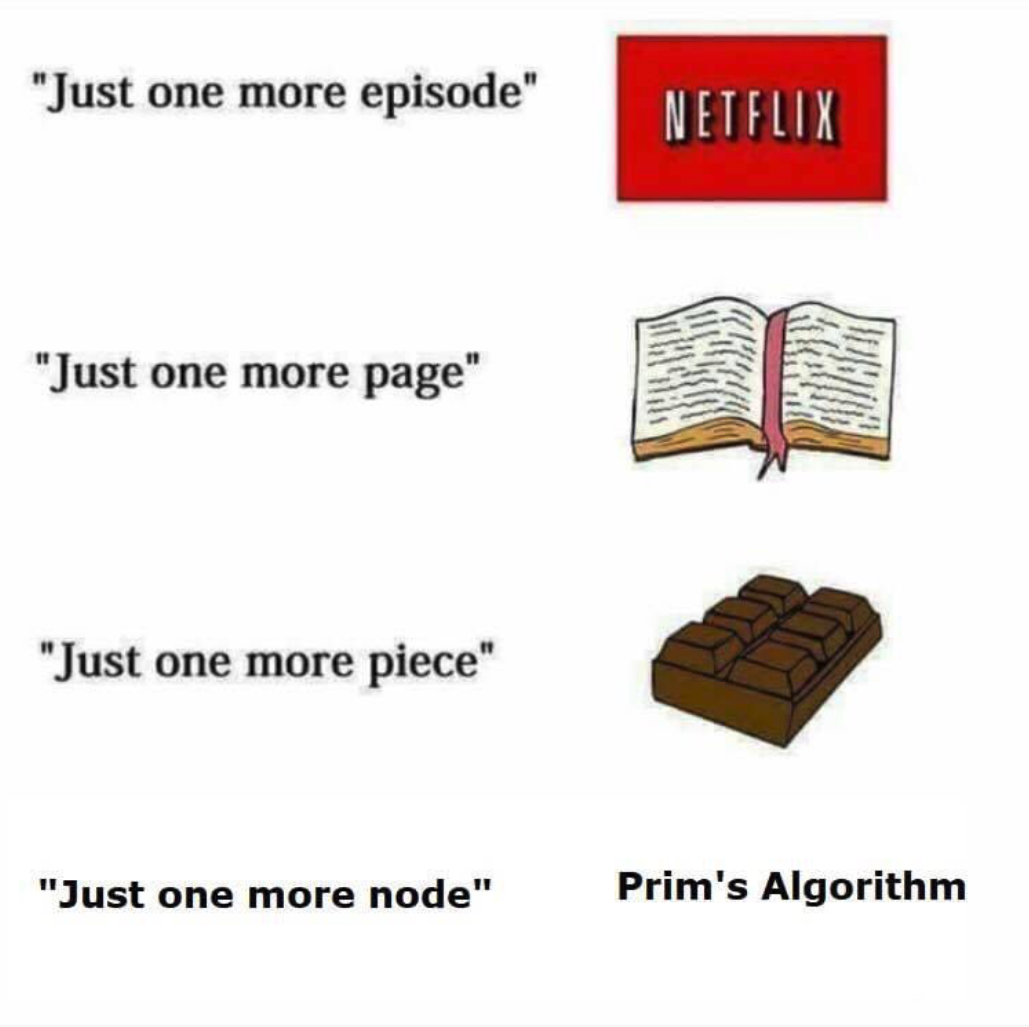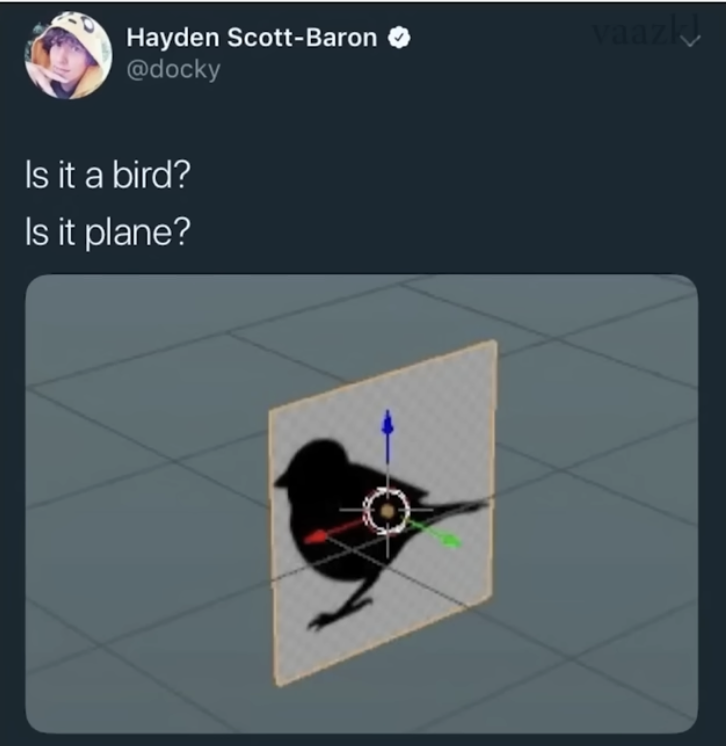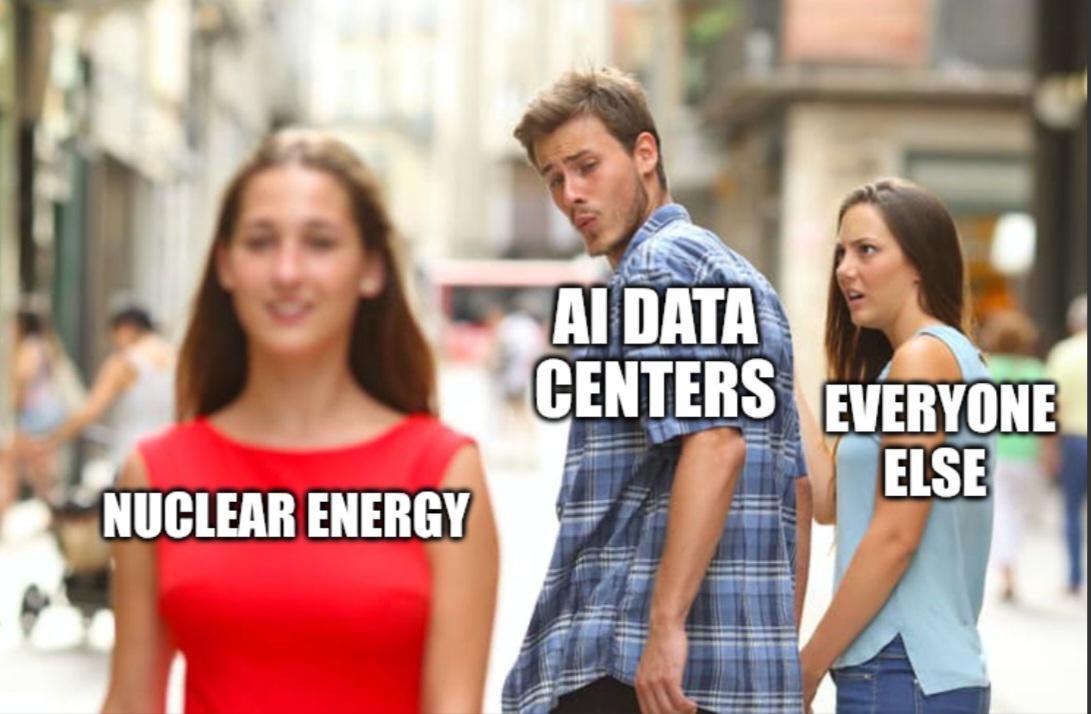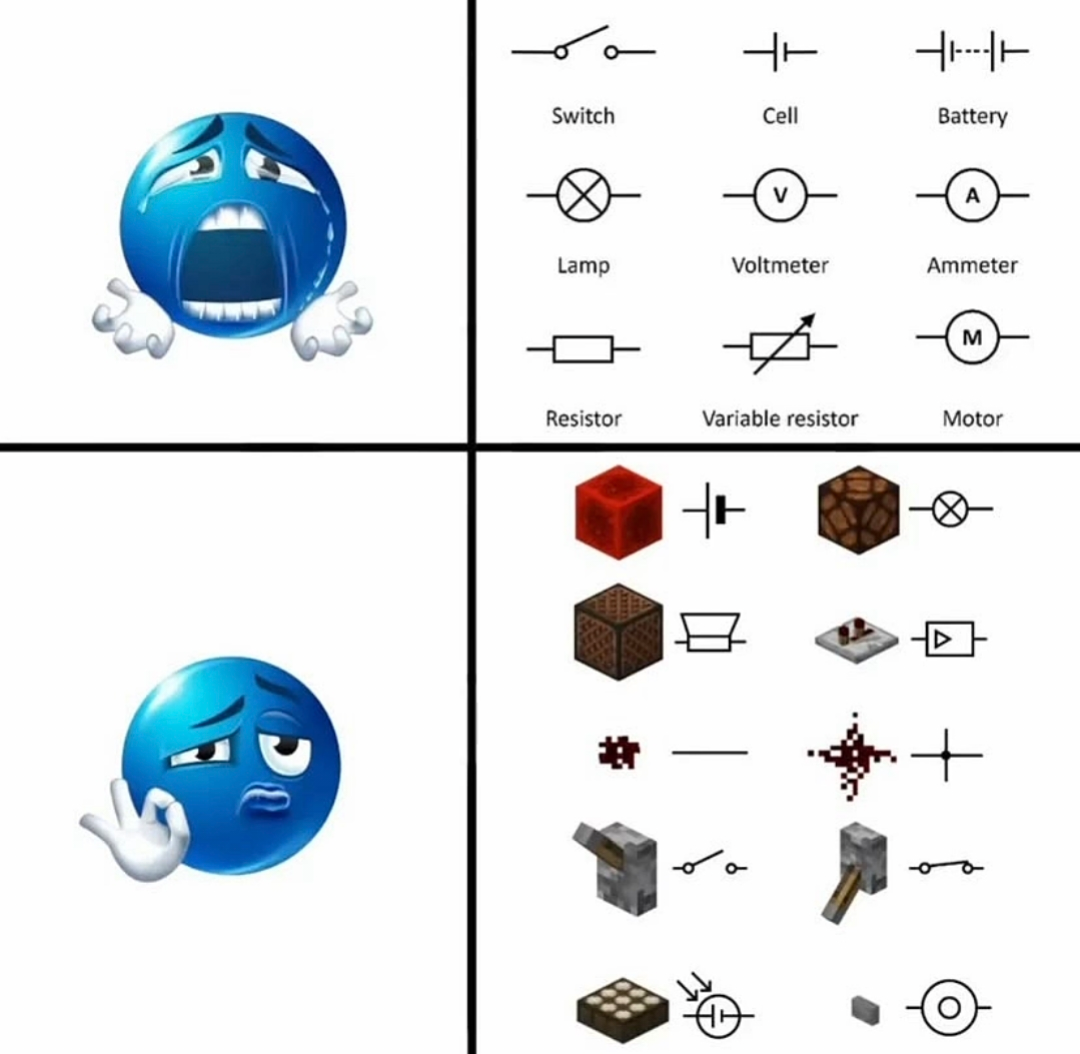HTTP 418: I'm a teapot
The server identifies as a teapot now and is on a tea break, brb
HTTP 418: I'm a teapot
The server identifies as a teapot now and is on a tea break, brb
Tech Memes
Technology: where today's cutting-edge innovation becomes tomorrow's "Why would anyone use that old thing?" These memes celebrate our complex relationship with devices that are simultaneously miraculous and infuriating. If you've ever explained to elderly relatives that you don't know how to fix their printer despite having a technical degree, upgraded to a new gadget only to miss features from your old one, or felt the special satisfaction of turning something off and on again and actually fixing the problem, you'll find your fellow tech enthusiasts here. From the frustration of unexpected updates to the joy of finding that perfect app, ScienceHumor.io's technology collection captures the beautiful contradiction of tools that make our lives both easier and more complicated at the same time.

 Academia
Academia
 Ai
Ai
 Astronomy
Astronomy
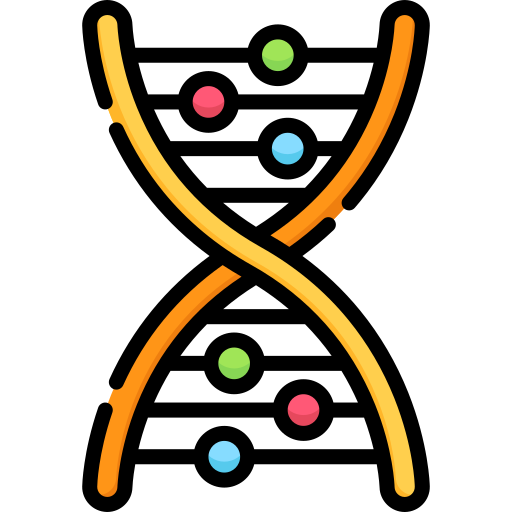 Biology
Biology
 Chemistry
Chemistry
 Climate
Climate
 Conspiracy
Conspiracy
 Earth-science
Earth-science
 Engineering
Engineering
 Evolution
Evolution
 Geology
Geology

